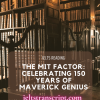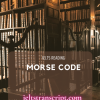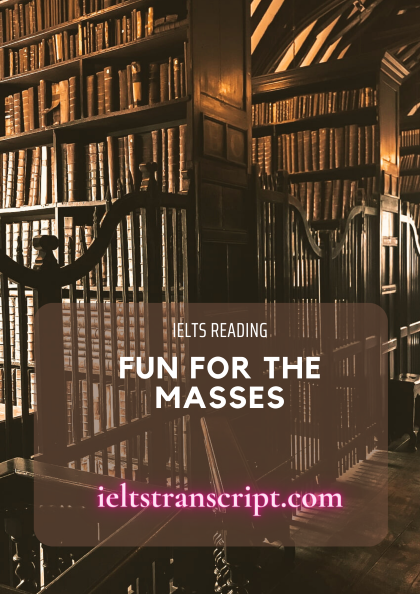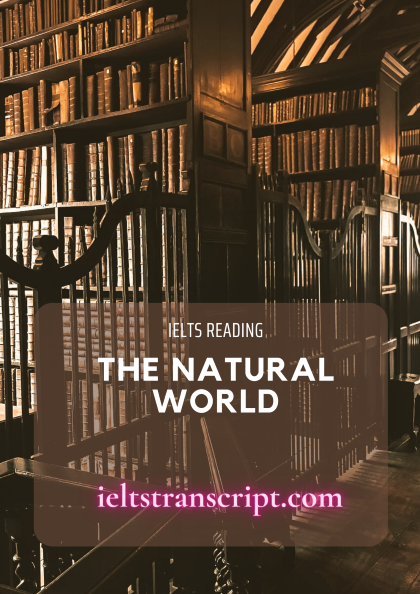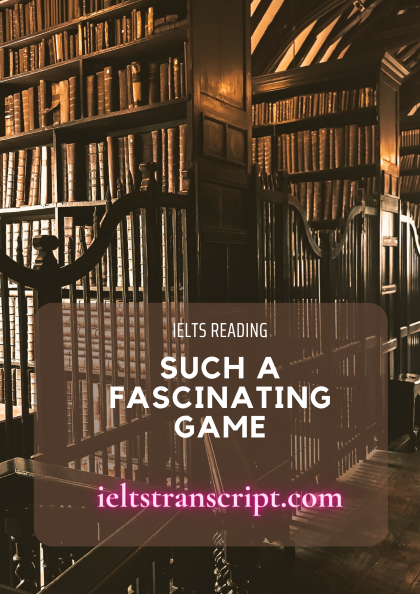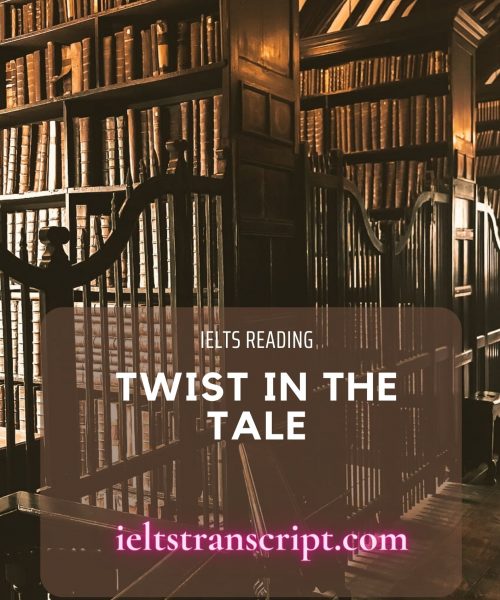- Đối với sản phẩm có giá: Sau khi chúng tôi ghi nhận thông tin đã thanh toán sản phẩm của bạn, sản phẩm sẽ được mở khóa và bạn có thể xem trực tiếp và tải tài liệu sản phẩm.
- Đối với thành viên trả phí: Bạn có thể mua và thanh toán sản phẩm với giá 0đ để tải tài liệu sản phẩm.
- Bạn có thể liên hệ với chúng tôi để được hỗ trợ mở khóa sản phẩm sớm nhất.
FROM A NOVICE TO AN EXPERT
- Chúng tôi chấp nhận các phương thức thanh toán sau đây: Thẻ tín dụng, thẻ ghi nợ, PayPal, chuyển khoản ngân hàng và tiền mặt.
Chúng tôi sẽ không thu thêm phí cho bất kỳ hình thức thanh toán nào.
- Nếu bạn gặp vấn đề về sản phẩm của chúng tôi trong thời gian sử dụng, vui lòng liên hệ với chúng tôi để được hỗ trợ xử lý sớm nhất nhé.
Xem trước mẫu
From A Novice to An Expert
Expertise is commitment coupled with creativity. Specifically, it is the commitment of time, energy, and resources to a relatively narrow field of study and the creative energy necessary to generate new knowledge in that field. It takes a considerable amount of time and regular exposure to a large number of cases to become an expert.
An individual enters a field of study as a novice. The novice needs to learn the guiding prin-ciples and rules of a given task in order to perform that task. Concurrently, the novice needs to he exposed fo specific cases, or instances, that lest the boundaries of such principles. Gen-erally, a novice will find a mentor to guide her through the process of acquiring new knowl-edge. A fairly simple example would he someone learning to play chess. The novice chess player seeks a mentor to leach her the object of the game, the number of spaces, the names of the pieces, the function of each piece, how each piece is moved, and the necessary condi-tions for winning, or losing the game.
In lime, and with much practice, the novice begins to recognise patterns of behavior within cases and, thus, becomes a journeyman. With more practice and exposure to increasingly complex cases, The journeyman finds patterns not only within cases but also between cases. More importantly, the journeyman learns that these patterns often repeat themselves over time. The journeyman still maintains regular contact with a mentor to solve specific prob-lems and learn more complex strategies. Returning to the example of the chess player, the individual begins to learn patterns of opening moves, offensive and defensive game-playing, strategies, and patterns of victory and defeat.
When a journeyman starts to make and test hypotheses about future behavior based on past experiences, she begins the next transition. Once she creatively generates knowledge, rather than simply matching, superficial patterns, she becomes an expert. At this point, she is confi-dent in her knowledge and no longer needs a mentor as a guide she becomes responsible for her own knowledge. In the chess example, once a journeyman begins competing against experts, makes predictions based on patterns, and tests those predictions against actual behavior, she is generating new knowledge and a deeper understanding of the game. She is creating her own case, rather than relying on the cases of others.
The Power of Expertise An expert perceives meaningful patterns in her domain better than non-experts. Where a novice perceives random or disconnected data points, an expert connects regular patterns within and between cases. This ability to identify patterns is not an innate perceptual skill; rather it reflects the organisation of knowledge after exposure to and experience with thou-sands of cases.
Experts have a deeper understanding of their domains than novices do, and utilise higher-order principles to solve- problems. A novice, for example, might group objects together by color or size, whereas an expert would group the same objects according to their function or utility. Experts comprehend the meaning of data and weigh variables with different criteria within their domains belter than novices. Experts recognise variables that have the largest influence on a particular problem and focus their attention on those variables.
Experts have better domain-specific short-term and long-term memory than novices do. Moreover, experts perform tasks in their domains faster than novices and commit fewer errors while problem solving. Interestingly, experts go about solving problems differently than novices. Experts spend more time thinking, about a problem to fully understand it at the beginning of a task than do novices, who immediately seek to find a solution, Experts use their knowledge of previous cases as context tor creating mental models to solve given problems.
Better at self-monitoring than novices, experts are more aware of instances where they
...Từ người tập sự trở thành chuyên gia
Trình độ chuyên môn là ràng buộc đi đôi với sự sáng tạo. Một cách cụ thể, đó là cam kết dành thời gian, năng lượng và nguồn lực cho một lĩnh vực nghiên cứu tương đối hẹp và năng lượng sáng tạo cần thiết để tạo ra kiến thức mới trong lĩnh vực đó. Để trở thành một chuyên gia cần phải mất một khoảng thời gian đáng kể và được tiếp xúc thường xuyên với một số lượng lớn các tình huống công việc.
Một cá nhân đặt chân vào một lĩnh vực nghiên cứu với tư cách là người mới học việc. Người mới cần phải học các nguyên tắc hướng dẫn và các quy tắc dành cho một công việc để có thể thực hiện công việc đó. Đồng thời, người mới cần phải tiếp xúc với các tình huống hay những trường hợp cụ thể giúp nhìn thấy hết các ranh giới của những nguyên tắc đó. Nhìn chung, người mới sẽ cần tìm một người cố vấn để hướng dẫn cô ấy trong quá trình thu nạp những kiến thức mới. Ví dụ khá đơn giản là về một người học chơi cờ vua. Người mới chơi cờ tìm kiếm một người huấn luyện viên để dạy cho cô ấy mục tiêu của trò chơi, số lượng ô cờ, tên của các quân cờ, chức năng của mỗi quân cờ, cách di chuyển của mỗi quân cờ và các điều kiện cần thiết để thắng hoặc thua ván đấu.
Theo thời gian, và trải qua nhiều luyện tập, người mới bắt đầu nhận ra các mẫu hành vi trong các trường hợp và nhờ đó, trở thành một người thạo việc. Nhờ việc thực hành nhiều hơn và tiếp xúc với các trường hợp ngày càng phức tạp, Người thạo việc này tìm ra các phương án mẫu không chỉ trong các trường hợp mà còn nằm giữa các trường hợp. Quan trọng hơn, người thạo việc thấy rằng những mô hình này thường lặp lại theo thời gian. Người thạo việc vẫn duy trì liên lạc thường xuyên với một người cố vấn để giải quyết các vấn đề cụ thể và học hỏi các chiến lược phức tạp hơn. Quay trở lại ví dụ về người chơi cờ vua, người đó bắt đầu học các phương pháp mẫu về khai cuộc, cách chơi tấn công và phòng thủ, chiến lược và các mô hình chiến thắng và thất bại.
Khi một người thạo việc bắt đầu tạo ra và kiểm tra các giả thuyết về hành vi trong tương lai dựa trên những kinh nghiệm trong quá khứ, cô ấy sẽ bắt đầu quá trình chuyển đổi tiếp theo. Khi cô ấy tạo ra kiến thức một cách sáng tạo thay vì chỉ đơn giản là làm cho phù hợp với các khuôn mẫu bề ngoài, cô ấy sẽ trở thành một chuyên gia. Tại thời điểm đó, cô ấy đã tự tin về kiến thức của mình và không còn cần một người cố vấn để hướng dẫn mà cô đã có thể chịu trách nhiệm về kiến thức của chính mình. Trong ví dụ về cờ vua, một khi một người thạo việc bắt đầu tranh đua với các chuyên gia, đưa ra các dự đoán dựa trên các phương pháp mẫu và kiểm tra các dự đoán đó so với hành vi thực tế, cô ấy sẽ tạo ra kiến thức mới và hiểu biết sâu hơn về trò chơi. Cô ấy đang tạo ra phương pháp của riêng mình, thay vì dựa vào phương pháp của người khác.
Sức mạnh của chuyên mônMột chuyên gia nắm bắt được các mô hình có ý nghĩa trong lĩnh vực của cô ấy tốt hơn những người không phải là chuyên gia. Trong khi một người mới nhận thấy các điểm dữ liệu ngẫu nhiên hoặc bị mất kết nối, một chuyên gia sẽ kết nối các mô hình thông thường trong và giữa các trường hợp. Khả năng xác định các hình mẫu này không phải là một kỹ năng giác quan bẩm sinh; đúng hơn là nó phản ánh sự tổ chức sắp xếp của kiến thức sau khi tiếp xúc và trải nghiệm với hàng nghìn các trường hợp.
Các chuyên gia có hiểu biết sâu hơn về lĩnh vực của họ so với những người mới và áp dụng các nguyên tắc ở trình độ cao hơn để giải quyết các vấn đề. Ví dụ, một người mới có thể nhóm các đối tượng lại với nhau theo màu sắc hoặc kích thước, trong khi một chuyên gia sẽ nhóm các đối tượng giống nhau theo chức năng hoặc tính tiện ích của chúng. Các chuyên gia hiểu được ý nghĩa của dữ liệu và cân nhắc các biến số theo các tiêu chí khác nhau trong lĩnh vực của họ tốt hơn so với người mới. Các chuyên gia nhận ra được các biến số có ảnh hưởng lớn nhất đến một vấn đề cụ thể và tập trung sự chú ý của họ vào các biến đó.
Các chuyên gia có trí nhớ ngắn hạn và dài hạn theo lĩnh vực cụ thể tốt hơn những người mới.
...Để xem được đầy đủ nội dung và tải dữ liệu, bạn phải trở thành thành viên của chúng tôi và trả phí cho tài liệu (nếu có)

